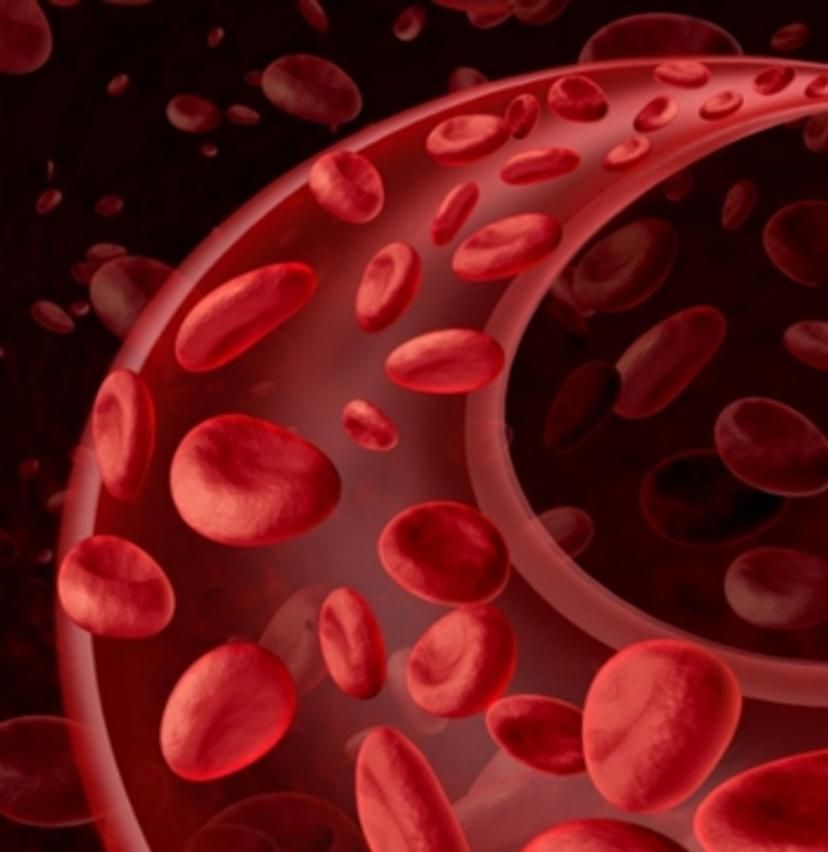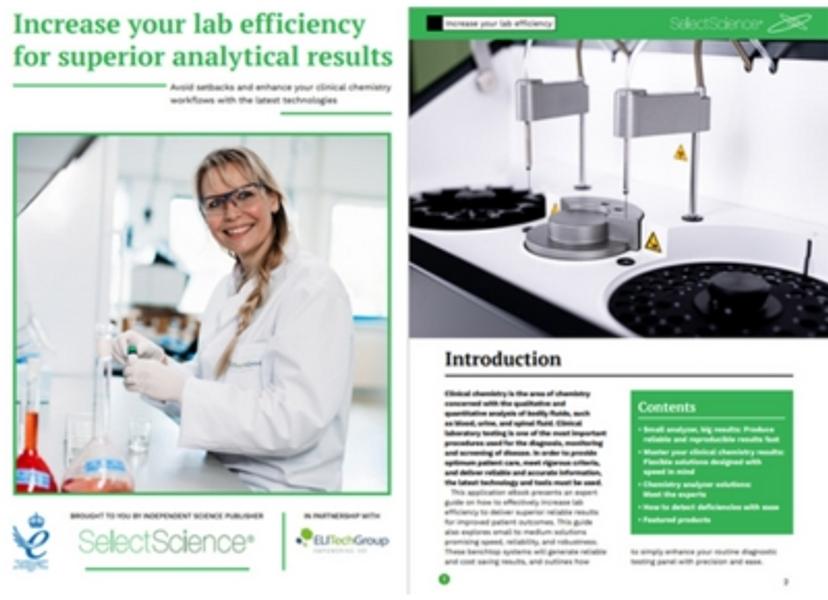Leap ahead in the hematology lab with digital morphology and advanced staining solutions
Discover the advancements in hematology laboratories, and explore the future of digital morphology, enhanced patient care and streamlined workflows
15 Aug 2023
Hematological disorders, ranging from anemias to blood cancers, require precise and timely diagnoses for effective treatment and management. To meet these pressing healthcare needs, the field of hematology has witnessed remarkable advancements in recent years, particularly in the areas of digital morphology and automation.
Digital morphology has revolutionized the way blood cell analysis is performed. By harnessing high-resolution imaging systems and sophisticated algorithms, laboratory professionals can now examine and analyze blood cell images digitally, transcending the limitations of traditional manual microscopy. This groundbreaking technology not only offers enhanced accuracy and efficiency but also empowers clinicians with invaluable insights into various hematological conditions. Through digital morphology, the identification and classification of abnormal blood cells are accelerated, enabling faster and more accurate diagnoses that are critical for timely interventions and improved patient outcomes.
Simultaneously, automation has emerged as a driving force behind the transformation of hematology laboratories. By automating labor-intensive processes such as sample preparation, analysis, and result reporting, laboratory workflows have become more streamlined, efficient, and reliable. Automated analyzers and robotic systems now handle large volumes of samples with precision, reducing the risk of human error and allowing laboratory professionals to focus on more complex tasks and patient care. The integration of automation technologies has revolutionized turnaround times, enabling rapid reporting of results and facilitating prompt medical interventions.
The significance of innovation in hematology laboratory practices cannot be overstated. Rapid and accurate diagnosis is the cornerstone of effective healthcare delivery, and the advancements in digital morphology and automation contribute significantly to achieving this goal. By enabling faster and more precise analysis, these innovative technologies directly impact patient health outcomes. Early detection of hematological disorders, accurate classification of blood cell abnormalities, and prompt treatment interventions are paramount for improving patient prognosis, enhancing quality of life and potentially saving lives.
Digital morphology advances blood cell analysis with precision
Siemens Healthineers and Scopio Labs have joined forces to revolutionize hematology diagnostics with their cutting-edge technology. By introducing full-field digital cell morphology, laboratorians can now examine patient blood cell samples digitally, eliminating the need for manual microscopy. With high-resolution imaging platforms and AI-based analysis, this collaboration enhances workflow efficiency and improves patient care.
Explore the advantages of full-field digital cell morphology, its implications for laboratory workflows, and the potential for improved patient outcomes.
Another recent partnership sees Scorpio Labs teaming up with Beckman Coulter to distribute its advanced full-field digital cell morphology technology. In this news article, Dr. Peter Soltani, Senior Vice President & General Manager at Beckman Coulter, describes the impact of Scopio Labs’ technology. In addition, Itai Hayut, CEO and Cofounder of Scopio Labs, emphasizes the importance of diagnostic excellence and innovation in healthcare. This partnership aims to transform hematology laboratories by reducing manual labor burdens and improving turnaround time.
HORIBA UK Limited has recently introduced a new network license option for its QSP 2.0 (Quality Slide Program) affordable digital tool for skill evaluation and training in digital morphology. The network license allows up to 50 users across multiple locations to directly access the QSP 2.0 resource through VPN and local networks. This option benefits large hospital trusts, universities, and medical schools, providing remote teaching, learning, and evaluation capabilities.
Streamline laboratory processes with automation and advanced workflows

Clinical testing: Increase your lab efficiency for superior analytical results
In this expert guide, discover how to enhance laboratory efficiency for improved patient outcomes. Explore innovative solutions tailored for labs of all sizes, from small-to-medium solutions promising speed and reliability to benchtop systems generating cost-saving results.
Gain valuable tips to streamline routine diagnostic testing panels with precision and ease, optimizing resources and maintaining high-quality standards. Transform your laboratory operations and achieve efficient, accurate, and impactful testing procedures.
Time-saving hematology solutions to improve clinical lab efficiency
In this eBook, we delve into the crucial role of routine slide staining in clinical labs, especially in the field of hematology. Presently, there is significant variability in staining methodologies, creating challenges in achieving consistency and standardization across labs. Labs are actively seeking ways to enhance staining efficiency and accelerate the diagnostic process.
Through case studies and interviews with diagnostics experts and clinical scientists, this second edition application eBook offers valuable insights and guidance on optimizing staining workflows to ensure streamlined and standardized processes. The aim is to enable labs to deliver more precise and expeditious diagnoses.
Siemens Healthineers launches next-gen hematology analyzers
Discover two new solutions from Siemens Healthineers: the Atellica® HEMA 570 Analyzer and the Atellica® HEMA 580 Analyzer, aimed at high-volume hematology testing. The complete blood count (CBC) plays a vital role in patient care, often providing the first indication of illness. However, traditional hematology testing is complex, time-sensitive, and reliant on experienced laboratory staff to interpret results. The Atellica HEMA analyzers address these challenges by integrating automation and intelligence, streamlining workflow efficiency, and expediting patient results.
Accelerated hematological testing for improved patient care
In a video, Gary Tye, Senior Biomedical Scientist at Blackpool Victoria Hospital, emphasizes the pivotal role of reliable slide staining and centrifugation technology. These advancements enable the standardized and expedited production of blood films, bone marrows, and cytospins, surpassing the time-consuming manual methods previously employed.
